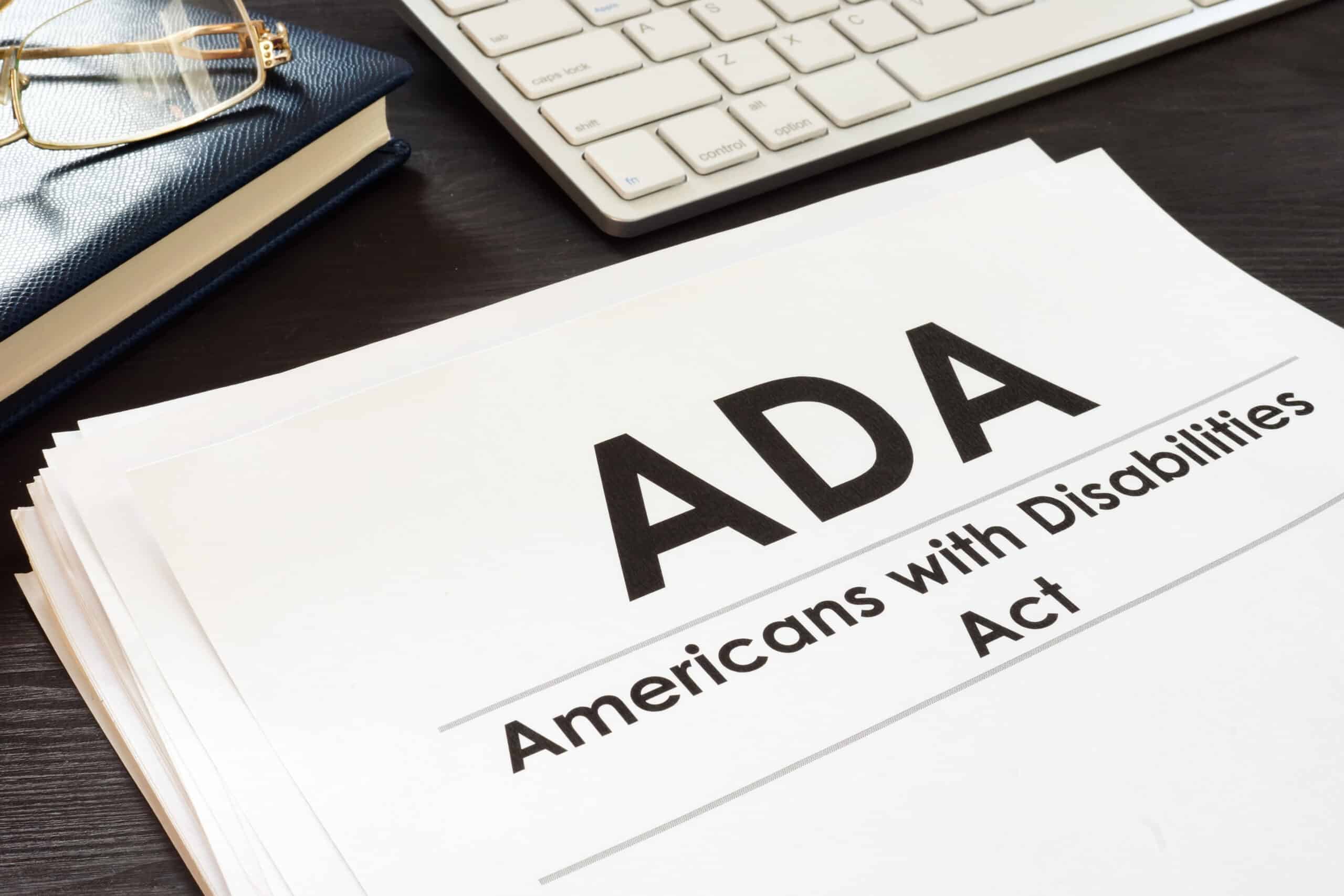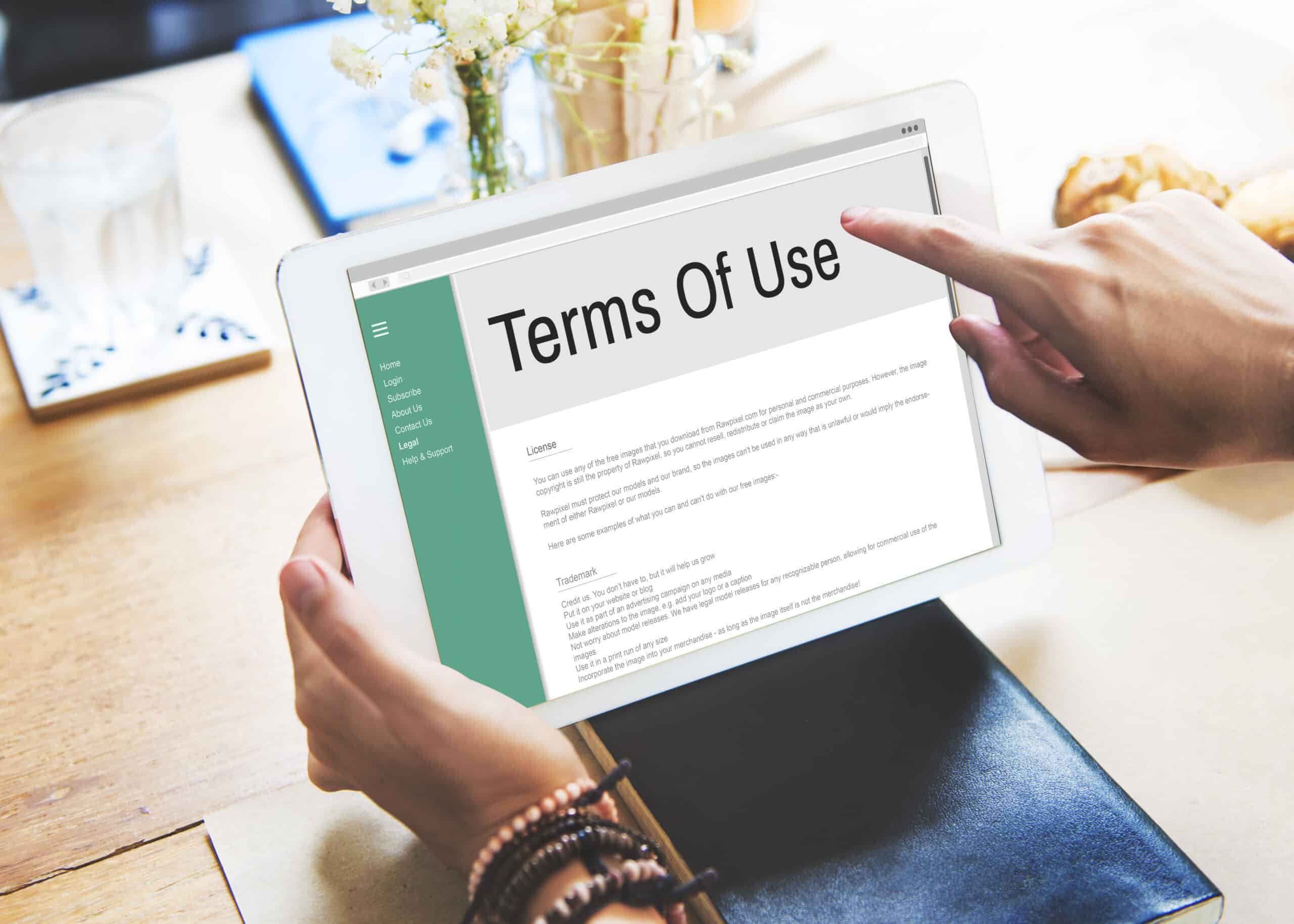Why Every Small Business Needs an NDA
In today’s competitive business world, protecting your ideas, trade secrets, and client information isn’t optional — it’s essential.
As a small business owner, you’re constantly sharing valuable insights and strategies with clients, collaborators, and contractors. Whether it’s your marketing plan, pricing strategy, or that big idea you’ve been developing for months, you need to make sure your information stays private.
That’s where a Nondisclosure Agreement (NDA) — sometimes called a Confidentiality Agreement — comes in. This simple document can make a huge difference in keeping your intellectual property secure and your business protected.
What Is a Nondisclosure Agreement (NDA)?
A Nondisclosure Agreement (NDA) is a legally binding contract between two or more parties that establishes a confidential relationship.
In plain terms, it says:
“I’m sharing sensitive information with you, and you agree not to share it or use it for anything other than our agreed purpose.”
NDAs are useful in all kinds of business situations, including:
- Negotiating the sale or purchase of a business
- Collaborating with another business or consultant
- Discussing a potential partnership or investment
- Hiring independent contractors who may access sensitive data
When used correctly, NDAs protect your business by ensuring that what you share stays private.
Key Components of a Strong NDA
A well-drafted NDA should be clear, specific, and customized for your situation. Here are the key elements every NDA should include:
1. Purpose of the Agreement
This explains why you’re sharing information — for example, “discussing a joint venture” or “evaluating a potential partnership.” The more specific this section is, the more limitations it places on how the receiving party can use the information.
2. Definition of Confidential Information
This section defines what information is considered confidential — and just as importantly, what isn’t. Examples include client lists, processes, marketing plans, or pricing strategies.
3. Obligations of the Receiving Party
This outlines what the other party must do to protect your information, such as keeping it private, restricting access, and only using it for the stated purpose.
4. Non-Disclosure and Non-Use Provisions
This is the heart of the NDA. It explicitly prohibits the receiving party from sharing your information with anyone else or using it for their own benefit without your written permission.
5. Term and Termination
The agreement should specify how long the confidentiality obligations last — whether that’s a few months, a few years, or indefinitely — and under what circumstances the NDA ends.
What Information Can an NDA Protect?
NDAs can cover almost any type of sensitive business information. For small business owners and entrepreneurs, the most common examples include:
- Trade Secrets – Processes, formulas, client lists, marketing strategies, or anything that gives you a competitive edge.
- Intellectual Property – Creative works, product ideas, copyrighted materials, inventions, or unique systems you’ve developed.
- Financial Information – Revenue, profit margins, budgets, or pricing strategies that aren’t public knowledge.
- Business Plans and Strategies – Future product launches, growth plans, marketing campaigns, or collaborations you’re not ready to announce.
- Client or Customer Data – Client names, contact details, or any proprietary data that helps maintain strong customer relationships and trust.
Pro Tip: Clearly identifying what’s “confidential” in your NDA makes enforcement easier and ensures everyone understands what’s being protected.
The Benefits of Using NDAs
NDAs aren’t just about protecting your secrets — they’re a powerful business tool that can:
Protect Your Intellectual Property
Your ideas and methods are valuable assets. An NDA creates a legal framework to safeguard them from misuse.
Build Trust in Business Relationships
When both parties understand the boundaries of confidentiality, it fosters transparency and professionalism.
Maintain Your Competitive Edge
Keeping your strategies private helps prevent competitors from gaining insight into your business operations.
Encourage Safe Collaboration
You can share ideas more freely when you know your information is protected — whether you’re pitching to investors or teaming up on a creative project.
Final Thoughts: Protect What You’ve Built
At the end of the day, your ideas, processes, and client relationships are the foundation of your business. Protecting them is not just smart — it’s essential.
A well-drafted Nondisclosure Agreement allows you to share information confidently, collaborate freely, and grow your business without fear that your hard work will be misused.
So before you share the details of your next big idea or partnership plan, make sure your NDA is in place — because your ideas deserve to stay yours.
Need Help with NDAs or Business Contracts?
As a small business attorney licensed in Pennsylvania and Maryland, I help entrepreneurs, creatives, and service-based business owners protect what they’ve built — with contracts that are clear, enforceable, and designed to give you peace of mind. Schedule a call today.













